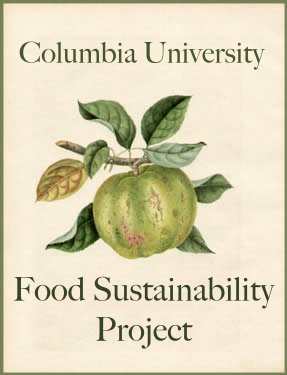Garden Planning Potluck
At Wednesday’s meeting we decided to hold a garden planning session this Sunday, the 25th, at 5pm. It will be a coffee/tea/snacks potluck, so bring food and drinks if you wish (or not if you don’t). DO bring your ideas, research, garden books, artistic creativity, and friends! We’ll be planning a planting calendar for the year, devising workshops, considering planting designs, and the like. If we don’t finish Sunday we’ll continue at following meetings. So here are the specifics:
Garden Design Session
Sunday, Jan 25th
5pm
Potluck House
606 W 114th St (press a buzzer and someone will let you in)
Room 2R
No garden experience is necessary, but enthusiasm is a must.
If you’d like to come to Potluck House before Sunday, we’re having our first potluck of the semester Friday, TONIGHT, starting around 7:30pm. All are welcome—bring food!
We will meet again next Wednesday at 9pm in Hamilton 306 (unless there is a room change). The Grant Houses Garden Project will meet Tuesday at 9pm in Hamilton, room TBD.
Lastly, tips for sustainable winter eating when you tire of squash and turnips from the market, or simply want to supplement them with a wider range of foods, from the chair of Slow Food NYC, Sandra McLean:
- Shop at a locally owned supermarket. They are more likely to have relationships with small, local farms and producers.
- Make organic a priority for out-of-season produce and continue to purchase local seasonal produce such as carrots, potatoes and onions at your farmers market.
- When choosing organic, check where produce was grown and purchase items that have traveled the fewest miles. By law, produce now has to be labeled with its place of origin.
- Select items that have been minimally packaged and processed. Keep clear of those carved up "baby" carrots, pre-washed and packed lettuces and cut up apples. They are wasteful and taste like the chemicals used in their processing.
- It's just not worth it to buy fresh tomatoes, corn, peaches or berries of any kind. Wait and enjoy them in season, when you can get them straight from the farmers.
- Bring your own bags and recycle the bags that you do use.

